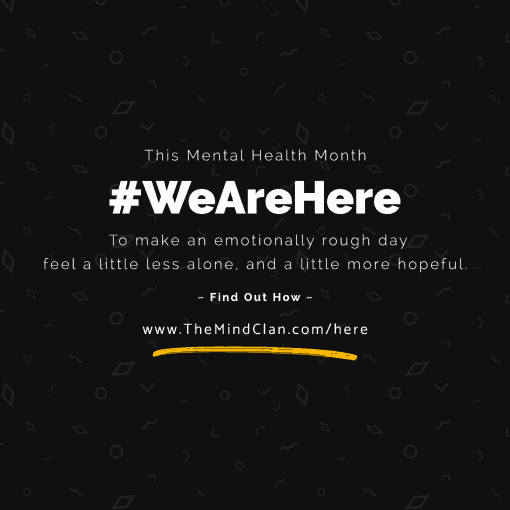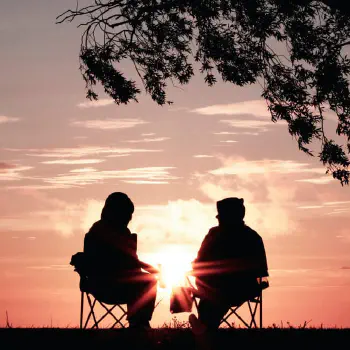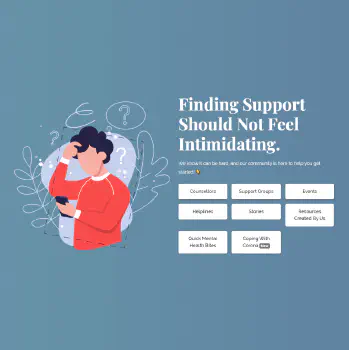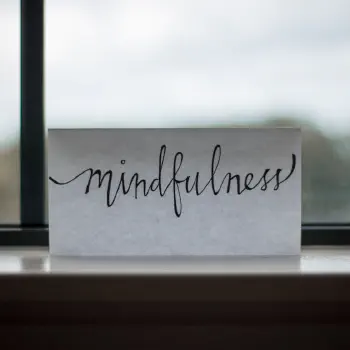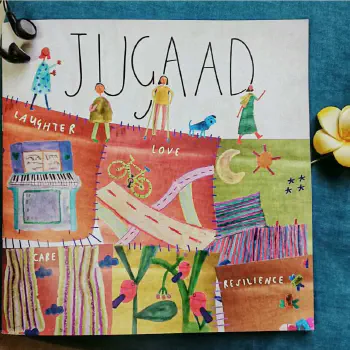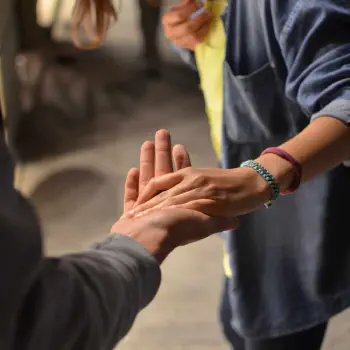Each of us has experienced rough days and times when our mental health has taken a hit. Moments when getting through the day feel like a struggle and routine tasks seem like a burden weighing down on us. There could be pain, numbness, chaos or overwhelming emptiness, as our individual experiences of difficult days can be very diverse. But what has stood out to us as a common thread that ties these experiences together is the role of words and their influence on us.
How often have we been told, “Cheer up”, “Snap out of it”, “Stop whining”? How frequently might we have uttered these words in a genuine attempt to help a loved one?
Many of us are brought up in households where expressions of feelings are limited to “I feel good” or “I feel bad”. The focus of conversations remains on details of “what happened?” without diving into “what did you feel about what happened?” When our experience of being aware of or simply labelling our feelings has not been enriched, is it a surprise that knowing how to respond with sensitivity and empathy to another’s feelings or sometimes even our own, remains an alien concept?
The commonness of this way of speaking claims so much space in our lives that we fail to recognize the disempowering hold it could have on a person. Here is where the question of our responsibility as individuals and as members of society steps in.
The responsibility to educate ourselves, to pause before we speak, to use that pause to check with ourselves if our words are truly helpful or harmful, and to admit to ourselves that if they are indeed harmful, then they are unacceptable. Words have the potential to damage someone’s relationship with their mental health and with themselves. But they hold equal power, if not more, of having an effect of destigmatization, connection, and compassion towards people and their mental health.
What if we could create a resource of helpful words from individuals, for society at large?
What if these words could provide the kindness and safety that people need to receive on an emotionally rough day?
What would it feel like to know that there are people out there who care and understand what a rough day is like, and who know what to say that might help?
In response to this, we have initiated the #WeAreHere campaign that encourages the community to use the power of words by sharing their answers to the question: “What would you like to tell someone who is having an emotionally rough day?”. We hope that this repository of words would not only provide relief to someone who needs it, but would also offer a window into what helpful responses can look like. “Everything that you are is enough.”
“Be gentle with yourself. You are doing the best you can.”
“We’re with you.”
Do you want to use your words to harm, or heal? Let’s start making that choice here.
If you know someone who is having an emotionally rough day, do let them know that you care about them, and that you’re with them. If you’re having such a day yourself, do visit our platform and find support in the community’s voices.
Silence breeds stigma. Conversations break it. But using the right words in those conversations help catalyse the process of breaking it.




